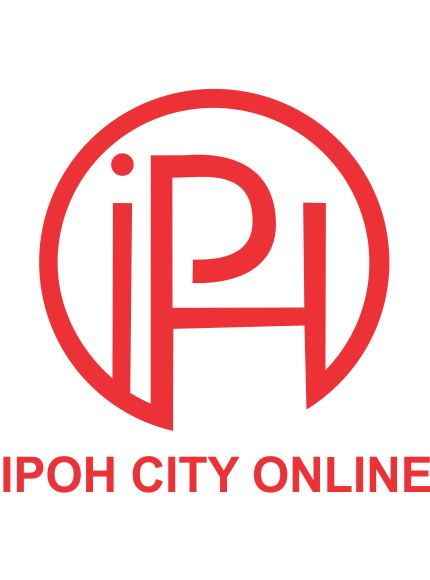Anti-Corruption with an Iron Fist: Eradicating the Tumor of Graft to Safeguard National Foundations
“Selfishness and greed in human nature are the root of all corruptions.”
Corruption is a malignant tumor in human society and a fatal obstacle to national development. Throughout history, from the collapse of the Roman Empire to the downfall of the Ming and Qing dynasties, and from the “resource curse” in Latin America to the “middle-income trap” in many Southeast Asian nations, one ironclad truth has been repeatedly proven: where corruption is allowed to fester, national prosperity and people’s livelihoods inevitably suffer. Today, to achieve the great goal of national rejuvenation, we must demonstrate unwavering resolve and spare no cost in building an impenetrable anti-corruption defense.
I. The Devastating Impact of Corruption: A Systemic Crisis Undermining National Stability
-
The “Black Hole Effect” in the Economy
Corruption directly devours the fruits of development. World Bank data shows that over $2.6 trillion in public funds is lost globally each year due to graft. Cases such as substandard highway constructions and embezzled poverty-relief funds reveal how corruption not only misallocates resources but also creates a vicious cycle where businesses prioritize rent-seeking over innovation. -
The “Chain Reaction” in Political Ecosystems
When buying and selling official positions becomes an unwritten rule, power turns into a tradable commodity. In one exposed case, a mid-level official amassed bribes exceeding 100 million yuan, exposing the terrifying contagion of “collusive corruption.” Such environments distort merit-based selection, sidelining honest and capable officials while promoting opportunists. -
The “Dissolution Crisis” of Social Trust
Misuse of poverty funds leading to relapses into poverty or judicial corruption causing wrongful convictions erodes the bedrock of social justice. Transparency International research indicates that for every one-point increase in corruption perception, public trust in government drops by 7.3%. When bribery becomes routine, the moral fabric of society begins to unravel.
II. An Iron-Fisted Approach: Building a Multi-Dimensional “No Tolerance, No Opportunity, No Desire to Corrupt” Mechanism
-
Institutional Innovation as a “High-Voltage Fence”
-
Implement “sunshine laws” requiring full asset disclosure by public officials and their families, drawing from Hong Kong’s ICAC model to establish independent anti-corruption bodies.
-
Create a “blacklist” for bribe-givers, barring corrupt businesses from markets.
-
Deploy blockchain-based traceability systems in key areas like government procurement and bidding to ensure full transparency.
-
-
A “People’s War” in Supervision
Leverage “internet + oversight” mechanisms, such as public fund-tracking platforms that allow citizens to monitor poverty relief spending. Establish lifelong whistleblower protection and offer rewards of up to 50% of recovered illicit assets. Lessons from Sweden and other clean-governance nations prove that when public scrutiny becomes routine, the cost of corruption skyrockets. -
Cultural Reformation for “Value Reshaping”
Educate officials on the true “cost of corruption”: A mid-ranking official taking 3 million yuan in bribes may ultimately face family breakdown, restricted opportunities for children, and pension forfeiture—total losses exceeding 20 million yuan. Integrate integrity education into national curricula, instilling anti-graft values from primary school onward.
III. Radical Surgery: A Decisive Battle Against Corruption
Anti-corruption is a protracted war requiring unrelenting determination. Singapore’s founding leader Lee Kuan Yew, facing claims that “corruption is Asian culture,” enforced zero-tolerance policies that transformed the nation into one of the world’s cleanest within two decades. Key lessons include:
-
Rejecting the “too big to punish” mentality, especially during economic downturns when profiteering surges.
-
Eliminating “selective enforcement” through rotating inspections in critical sectors like energy, finance, and law enforcement.
-
Enhancing international asset recovery by establishing fast-track repatriation agreements with major jurisdictions.
History has proven time and again that anti-corruption is not optional but imperative. Just as Ming Dynasty reformer Zhang Juzheng’s governance overhaul revived the empire, and the Communist Party of China’s sweeping campaign against graft restored public confidence, we must now wield the courage to “defy thousands to serve billions.” Only by eradicating this age-old scourge can we pave the way for national rejuvenation and ensure that the light of justice shines on every citizen’s aspirations.
